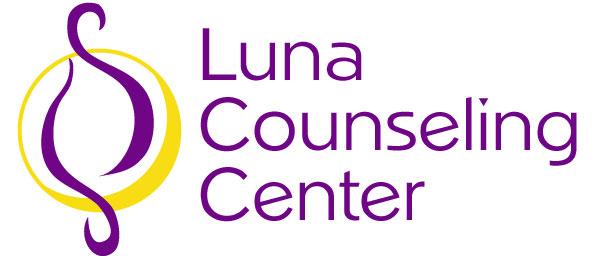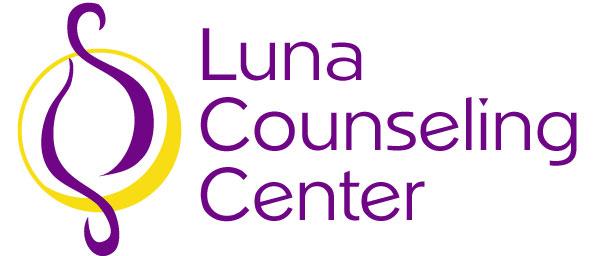Most people are unaware of what postpartum depression actually is, and what can be done to help. Often times when a woman is feeling intense emotional and physical strain in the months after childbirth, it is bottled up or seen as something that the woman just “needs to get over”.
The reality is that postpartum depression – in some form – can occur in up to 75% of women immediately after giving birth. This means that it is completely normal to feel like you are being affected. Major hormone shifts can cause intense emotional and mood variations that can dramatically affect the first few days or week after childbirth. In addition, lack of sleep, physical discomfort, and irritability are all completely normal effects as a result of giving birth.

All of these symptoms are completely normal, and shouldn’t be a cause for concern unless the feelings of irritability and depression last longer than a couple of weeks.
If feelings of emotional sadness, irritability, stress, and lack of interest in activities continue for multiple weeks, it could be a cause for concern. Because of the emotional and physical stresses that childbirth can put on a woman, many times these symptoms can be exaggerated in the time after giving birth (also known as postpartum).
Postpartum depression can lead to recurring negative or intrusive thoughts and emotions, panic, anxiety, and ultimately affect not just the mother, but also her relationships with her partner and child. This is why it is extremely important to speak with a mental health professional who is trained in recognizing and acknowledging the signs of postpartum depression if you or a loved one could be suffering from postpartum depression.
However, that doesn’t mean that there aren’t steps that you can take to limit the effects of postpartum depression or “baby blues”. Focus on getting good, quality sleep as sleep deprivation can make you more irritable, stressed, and anxious. While this is difficult in the times of having a newborn, it is important to make it a priority. In addition, don’t be afraid to talk about your feelings with friends, family members, and loved ones. Expressing your concerns to others can help alleviate the burden that you feel personally, and will also let you allow others to help you with simple tasks to make things easy in the times right after childbirth.
There are many great resources out there regarding postpartum depression and treatment. Luna Counseling Center is happy to answer any and all questions you might have regarding postpartum depression, so please contact us if you would like more information.
Luna Counseling Center
6000 E Evans Avenue Building 1 Suite 255, Denver, CO 80222
(720) 277-6125
https://www.lunacounselingcenter.com/

